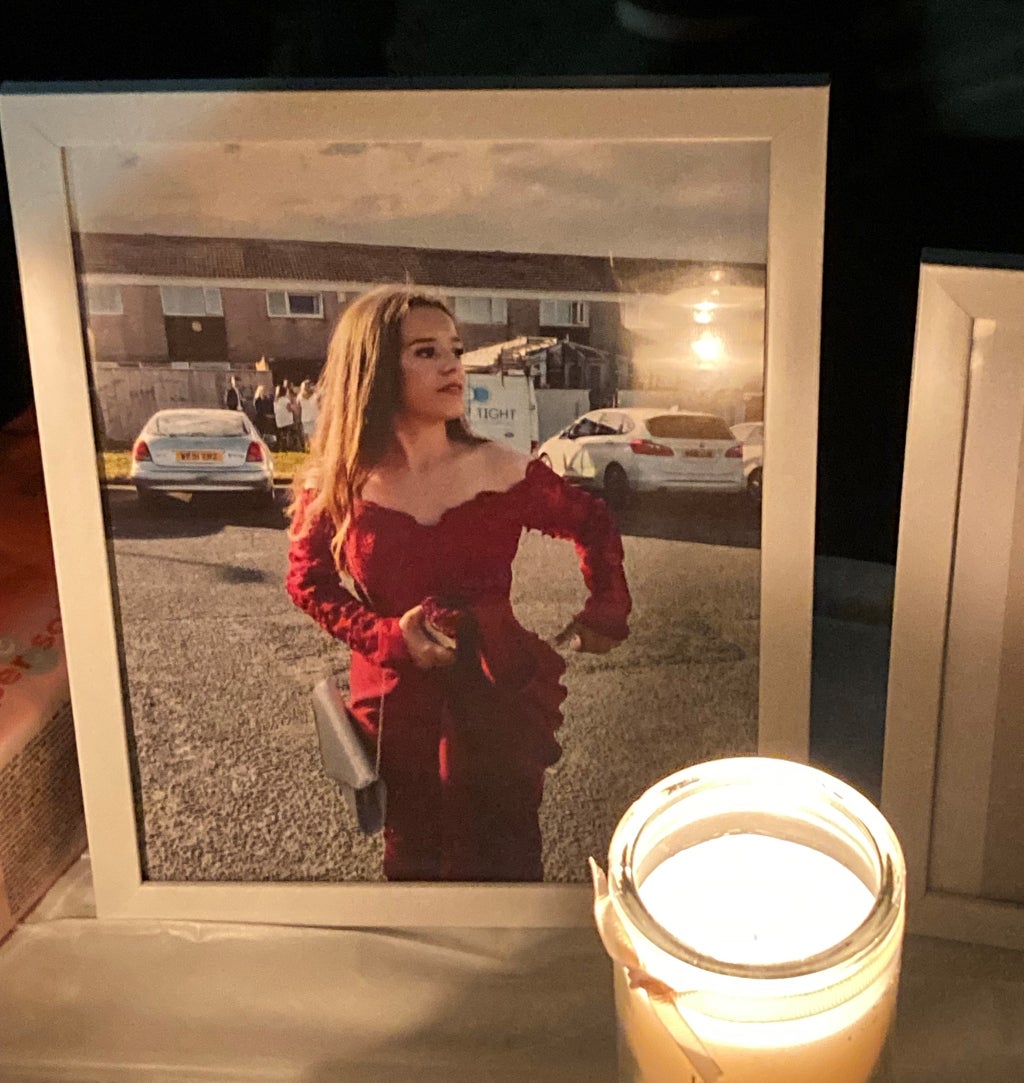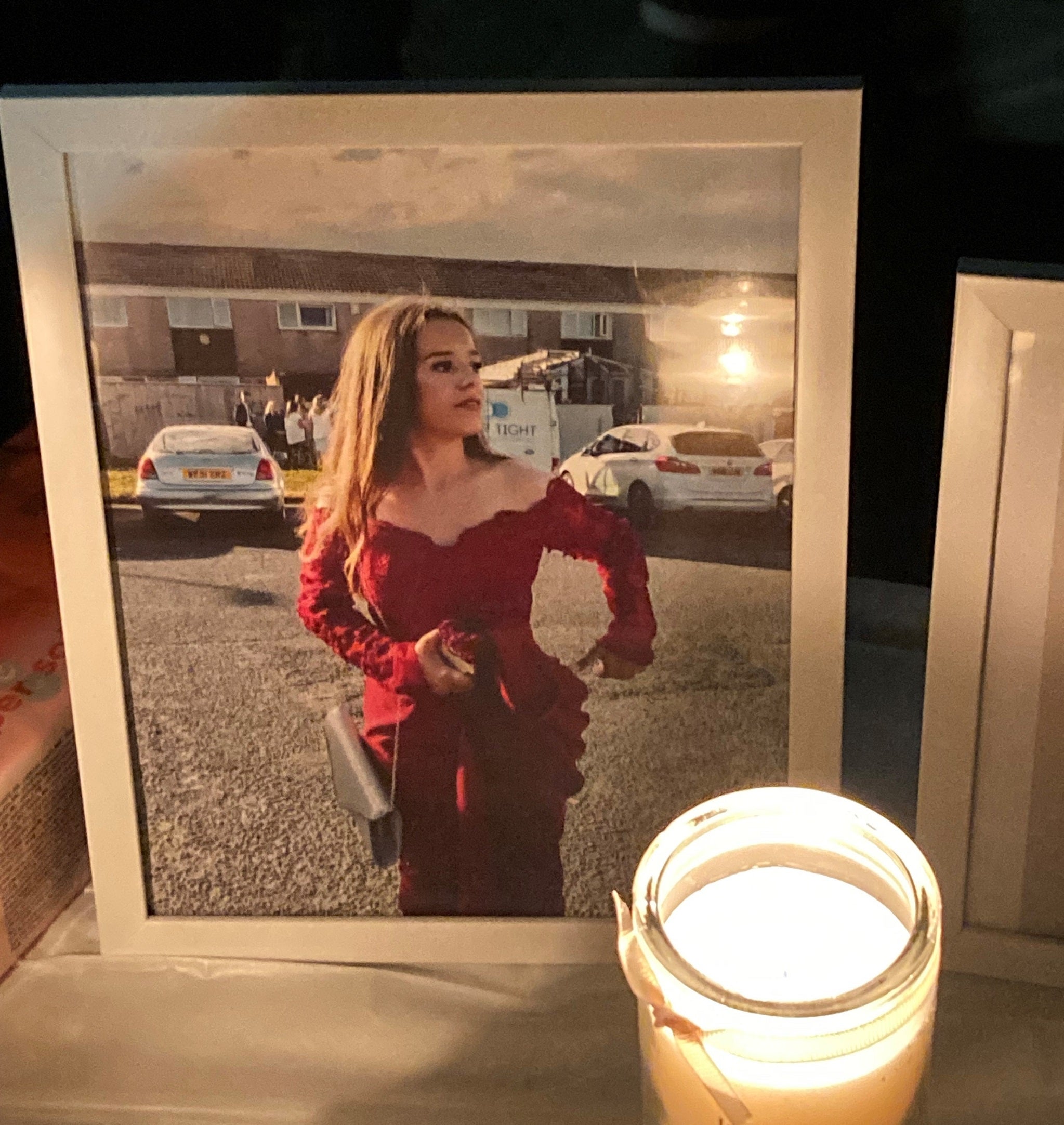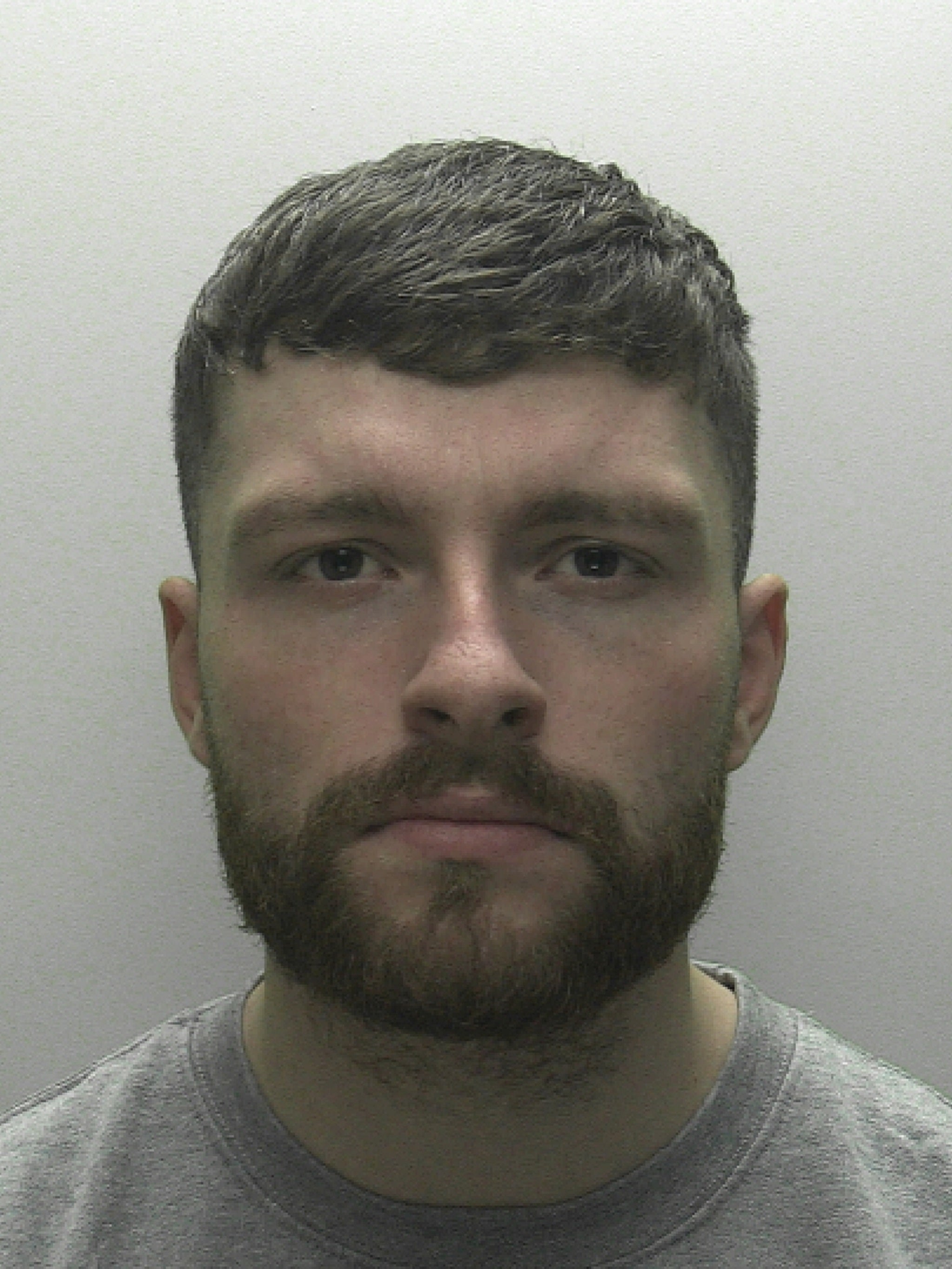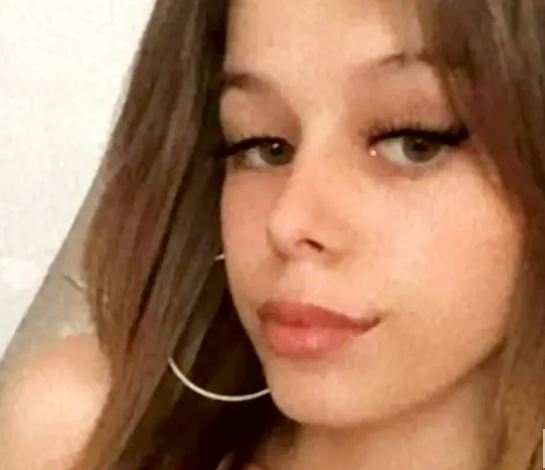
When 18-year-old Bobbi-Anne McLeod was snatched from a bus stop and beaten to death in Plymouth last year, the city was still coming to terms with an earlier tragedy.
The port city was already in a state of collective shock after Jake Davison, a self-proclaimed incel, shot dead six people before turning the gun on himself. Davison’s mother and a three-year-old girl were among his victims.
Three months later, the community was again left reeling when McLeod vanished from a bus stop in Leigham before her body was found in woodland. Her killing raised more questions than answers: why was she taken in broad daylight while on her way to see her boyfriend? Why would a man, who police say had no known connection with her, and no history of violence, want to kill her?

Perhaps this week, McLeod’s family and friends will finally get some answers as Cody Ackland, a 24-year-old guitarist who confessed to her killing in April, is due to be sentenced and more details about the case are set to emerge. McLeod, who was only 5ft tall and looked young for her age, was last seen at a Plymouth bus stop on 20 November. She was grabbed off a street near to where she lived by Ackland, who used violence to force her into his car.
He drove her away before brutally assaulting her with a blunt weapon, killing her. Ackland later hid McLeod’s body in woods on the outskirts of Plymouth and the body was discovered three days later, only after Ackland went to a police station to confess his crime.
Ackland went to the same school as McLeod – a mixed comprehensive called Tor Bridge High – but he is unlikely to have known her as he is six years older.
Elle Butcher knew McLeod from school. “She was a really gentle person,” the 18-year-old tells The Independent. “A really kind person. We went to school together. She was a friend of mine.”
Butcher, who works as a receptionist, says McLeod’s death left her “distraught” and “shocked”. Butcher had never done any type of activism until McLeod died but has since thrown herself into campaigning against gender-based violence and organising vigils in her friend’s memory. “It has been really difficult and really emotional,” she reflects.
She says she is far more scared walking around Plymouth since McLeod was murdered. “I don’t feel safe,” Butcher says. “I get a lot of harassment in Plymouth – random catcalls. Sometimes when you reject them they get very aggressive and distraught. The men are probably 50 or 60 years old – that is the most who it comes from.”
We have already been through a period of grieving as a city. Plymouth was in absolute shock and disbelief. It was devastating. The healing process has taken a long time
Charlotte Holloway, a Plymouth Labour city councillor involved in organising vigils for McLeod, was also left profoundly disturbed by her murder. Recalling the moment she found out the teenager had been killed, she said it was one of “shock” and “heartbreak” and of wondering how something like this could happen in her city.
“It was 6pm in the evening at a bus stop in daylight,” Ms Holloway says. “This is a bus stop I’ve used myself. It is deeply, deeply shocking. Everyone has a connection to Bobbi-Anne, or someone like her – a young Plymouth girl waiting at a bus stop.”
McLeod’s disappearance sparked a massive search and after she was found dead the community held candlelit vigils to remember her. Ms Holloway, the former Labour parliamentary candidate for Plymouth Moor View, where Ms McLeod lived, noted says the community is almost like a village. “Lots of people know each other,” she adds. “Bobbi-Anne was heading out on a Saturday night like so many people do. She was doing something which young girls and women do every day. It brings up a lot of anger – that women do have to live our lives differently to how most men do.”

The campaigner said people in Plymouth, where she was born and raised, were especially aggrieved by the incident as they were still processing Davison’s massacre last summer – the deadliest mass shooting in the UK in over a decade. After the tragedy, it emerged Davison had previously uploaded videos referring to himself as an incel and lamenting the fact he had not lost his virginity as a teenager. An incel – a combination of the words “involuntary” and “celibate” – is a heterosexual man who wants to have sex with women but fails to do so, consequently blaming women for their own inability to form sexual relationships.
“The national tragedy of Jake Davison’s shooting had incel culture and misogynistic attitudes to women at its heart,” Ms Holloway, who campaigns on violence against women and girls, says. “We have already been through a period of grieving as a city. Plymouth was in absolute shock and disbelief. It was devastating. The healing process has taken a long time. There is no quick fix for that kind of pain. It rocks a community to their core.”
A march will be held on Saturday (21 May) at 1pm in McLeod’s memory and Ms Holloway is also helping to organise a gala dinner, supported by Dawn French, the comedian and Plymothian, to raise money for two Plymouth charities that tackle violence against women. Such was the impact of Bobbi-Anne’s death, many young women came out and marched to raise awareness of such crimes for the very first time.
“Plymouth is a city which has so much potential,” Ms Holloway says. “It is a beautiful part of the country. At times we feel quite forgotten. It feels a long way from London, even Bristol. People say Plymouth is like a village in a way. We are a place that has suffered from economic deprivation – we have some of the poorest parts of the country in the city. There is a big military community in Plymouth, we have got naval dockyards.”
When asked about the case of McLeod, Deniz Ugur, deputy director of the charity End Violence Against Women Coalition, highlights the urgent need for prevention work.
“Women and girls have the right to exist free from male violence in public spaces, at home, at work and online,” she says. “True justice means no more women and girls becoming victims of male violence in the first place. That’s why we’re calling for government to prioritise and invest in measures that prevent violence and abuse, such as public education campaigns and work in schools, so that we as a society no longer tolerate this abuse, so that victims are no longer blamed and women and girls can live their everyday lives free from the threat of male violence.”

Between two and three women are murdered each week by their partners or ex-partners in England and Wales. One in four women will suffer domestic abuse at some point during their lives – with domestic abuse having a higher rate of repeat victimisation than any other crime.
Isabelle Younane, of leading domestic abuse charity Women’s Aid, says: "The murder of Bobbi-Anne McLeod is devastating and we know that, tragically, she is one of many women and girls whose lives have been taken by male violence in the past year. Women continue to feel unsafe on the streets. Women continue to feel unsafe in their homes. This must change.
“We need to see action taken on commitments made by the police and the criminal justice system to ensure that violence against women and girls is treated with the gravity and importance it deserves.”
She argues authorities must understand the danger perpetrators pose to women and calls for the misogyny which is deeply embedded in society to be clamped down upon, warning it is the “root of all” violence against women and girls.
Reflecting on Ackland’s sentencing on Thursday, Holloway says it is going to be a really tough day as the world learns more about what happened to McLeod. “But me and many women don’t want to focus on the act of violence at the march on Saturday,” she adds. “It is about celebrating her memory, her life, and the life she should have lived.”







